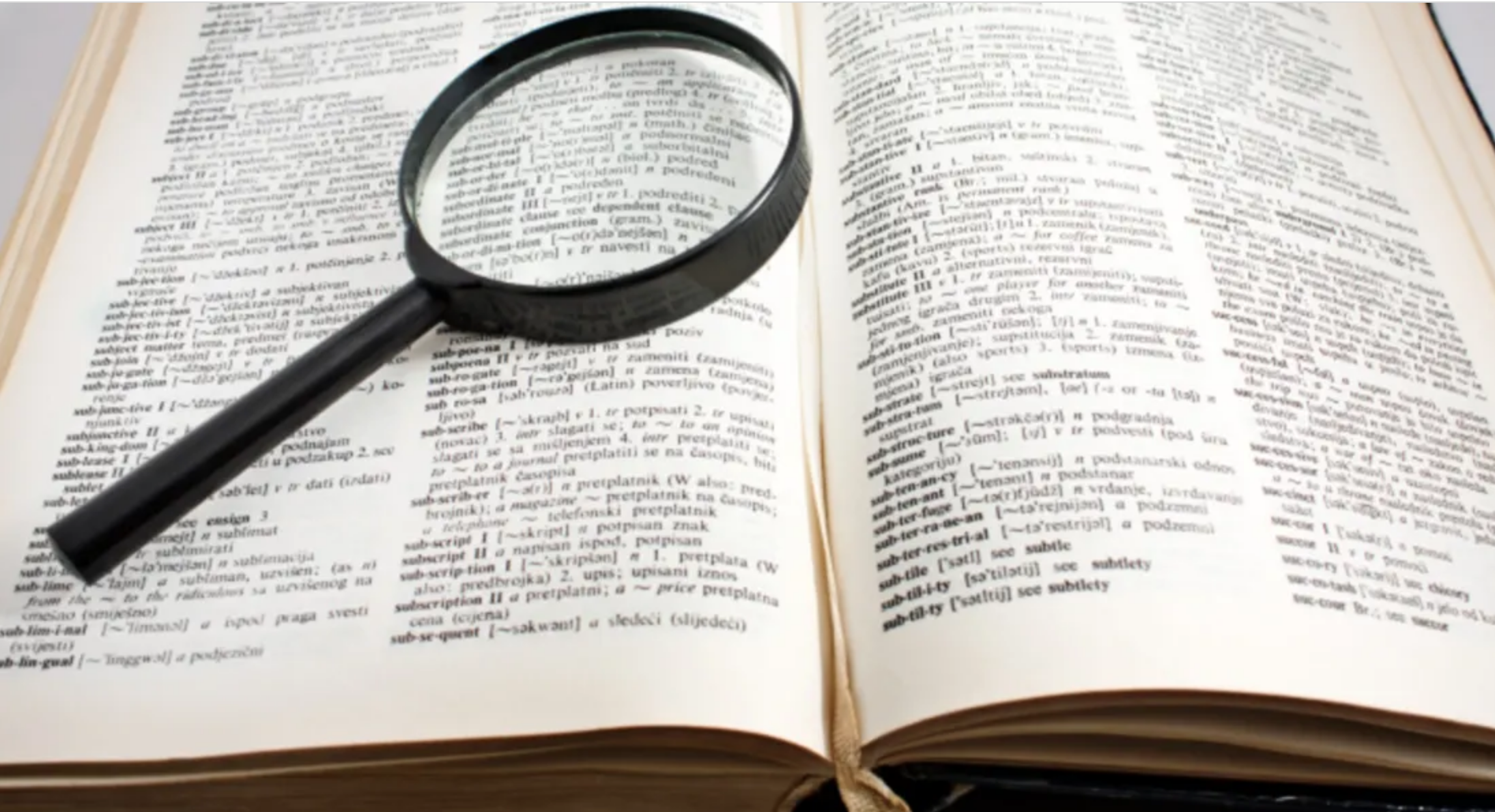The word for today is…
planet (noun) – 1. (a) In the traditional model of solar systems, a celestial body larger than an asteroid or comet, illuminated by light from a star, such as the sun, around which it revolves.
(b) A celestial body that orbits the sun, has sufficient mass to assume nearly a round shape, clears out dust and debris from the neighborhood around its orbit, and is not a satellite of another planet.
2. One of the seven celestial bodies, Mercury, Venus, the moon, the sun, Mars, Jupiter, and Saturn, visible to the naked eye and thought by ancient astronomers to revolve in the heavens about a fixed Earth and among fixed stars.
3. (a). The collection of life forms supported on Earth.
(b) People as a whole; humankind or the general public.
4. One of the seven revolving astrological celestial bodies that in conjunction with the stars are believed to influence human affairs and personalities.
Source : The Free Dictionary
Etymology : Planet goes back to ancient Greek plan?t- (literally, “wanderer”), which is derived from planasthai, a Greek verb which means “to wander.” The word was originally applied to any of seven visible celestial bodies which appeared to move independently of the fixed stars—the sun, the moon, Mercury, Venus, Mars, Jupiter, and Saturn. In line with astronomical discovery and advancement, planet began to be used specifically of the rocky or gaseous bodies that orbit around the sun—a definition which excluded the moon and the sun but included the Earth and, as they were discovered, Uranus, Neptune, and Pluto. In 2006, the International Astronomical Union developed a narrower definition of planet, effectively demoting Pluto to the status of a “dwarf planet ,” a celestial body that is spherical and orbits the sun but is not large enough to disturb other objects from its orbit.

